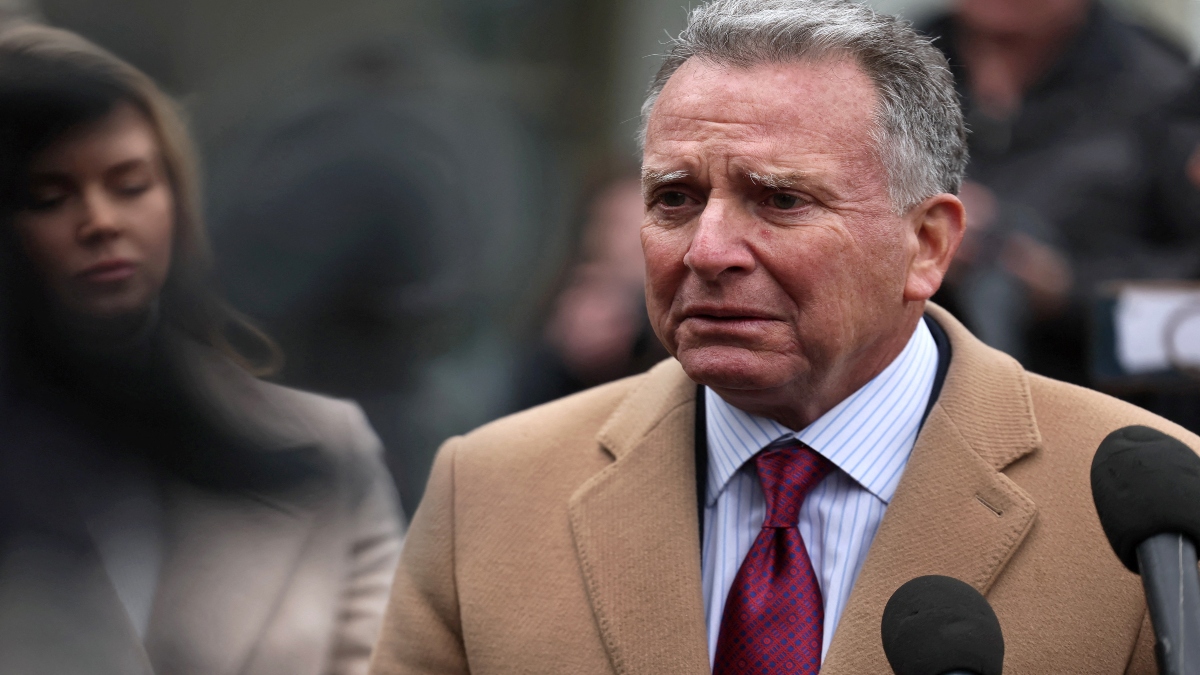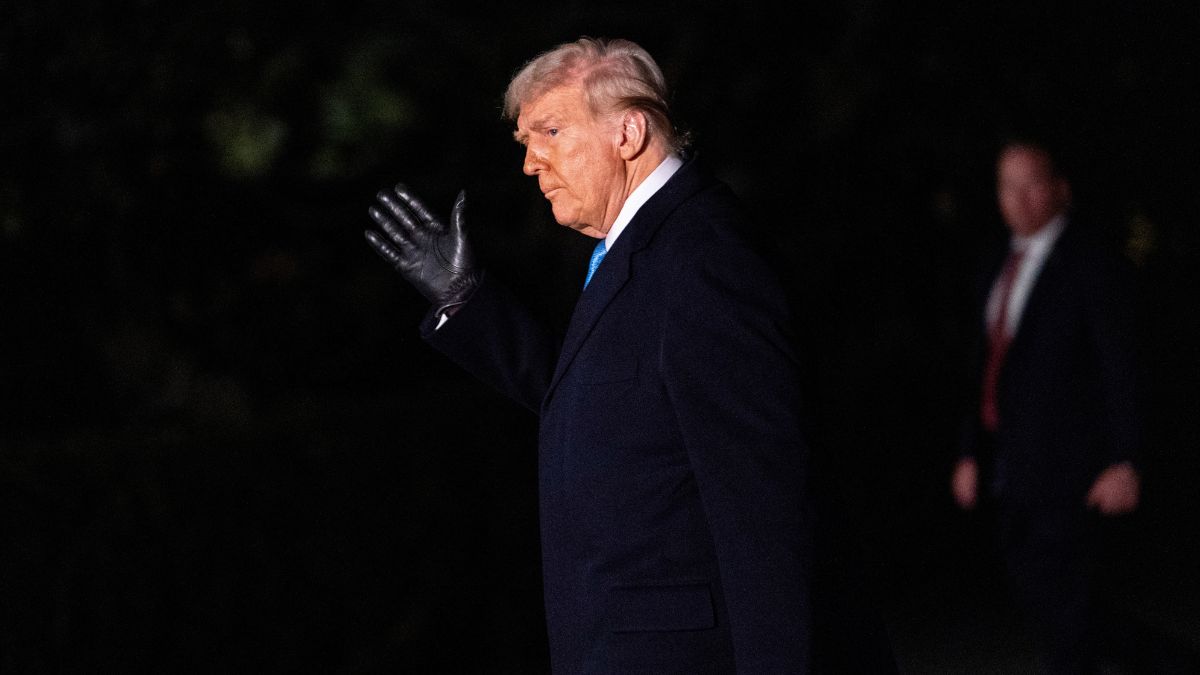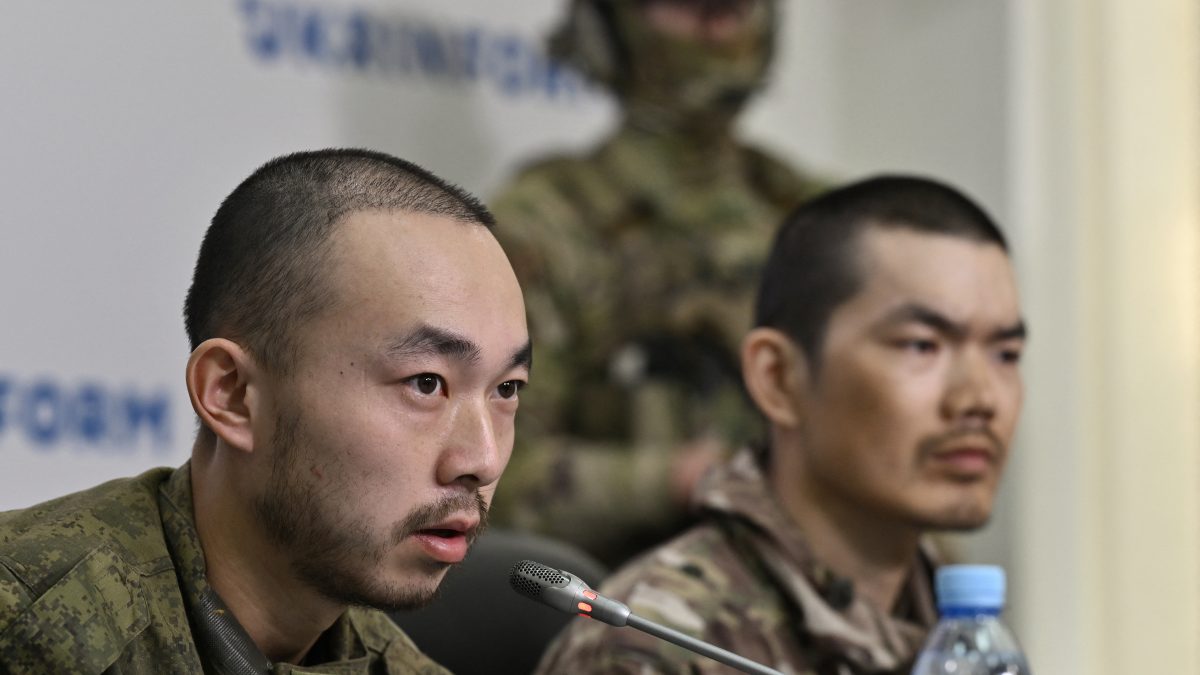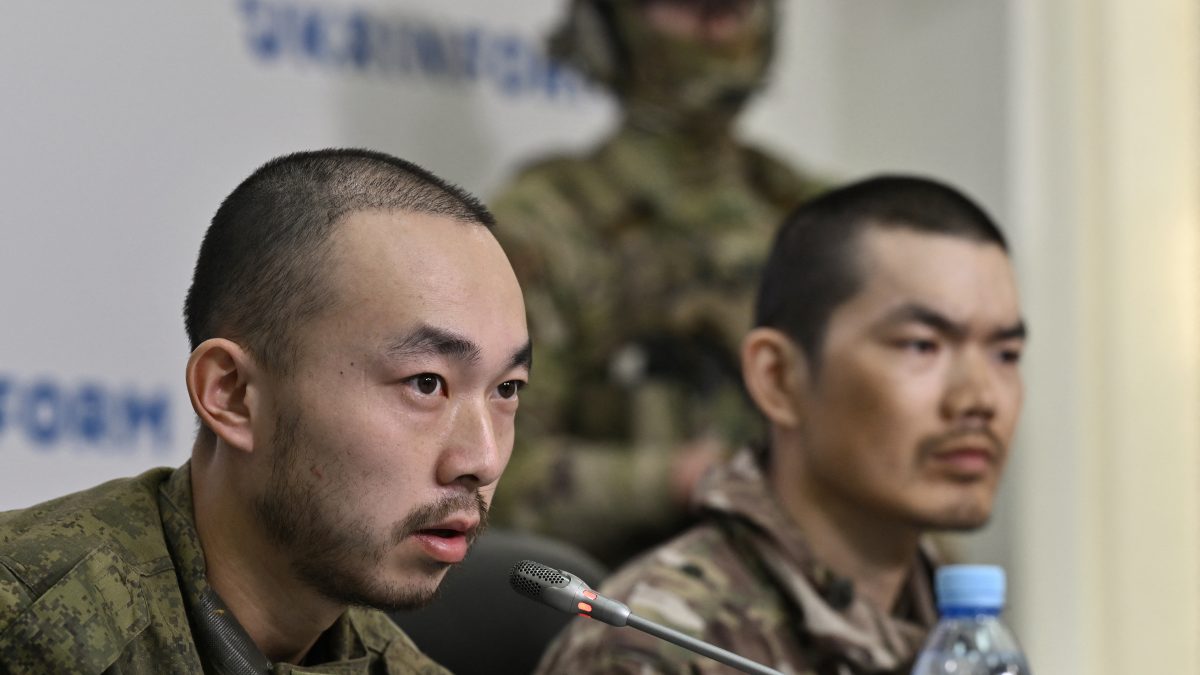Iran is likely to oppose a US proposal to transfer its stockpile of highly enriched uranium to a third country — potentially Russia — as part of Washington’s push to curb Tehran’s civil nuclear programme and prevent it from being used to develop a nuclear weapon.
According to The Guardian report, the proposal, considered a major hurdle to any future deal, was discussed during initial, mostly indirect talks in Oman between Iranian Foreign Minister Abbas Araghchi and US special envoy Steve Witkoff.
Iran insists its uranium stockpile, built up over the past four years, should remain on its soil under strict UN nuclear watchdog oversight. Tehran sees this as a precaution, or a form of insurance in case a future US administration withdraws from the agreement, as Donald Trump did in 2018 when he rejected the 2015 deal brokered by Barack Obama.
Iran argues that if the material is moved abroad and the US exits again, it would be forced to restart enrichment from scratch — effectively penalising Tehran for Washington’s actions, added the report.
While most talks in Oman were indirect, with Oman mediating, some direct discussions did take place between Witkoff and Araghchi.
Italian Prime Minister Giorgia Meloni has agreed to host the next round of Iran talks this Saturday in Rome — a move seen as a political nod from Donald Trump to Italy and a way to sideline the traditional European powers in the negotiations. Oman remains the main mediator.
US Vice President JD Vance is also expected in Rome over the Easter weekend.
Italy, notably absent from the original 2015 nuclear talks dominated by the “E3” — France, Germany, and the UK — now gains a more prominent role in the renewed diplomatic effort.
“Meloni is an interesting choice since Meloni seems to be the European leader that has the best personal line to Trump, more than France, Germany and the UK. If Italy hosts the meeting it begs the question of the future role of the E3 in the US-Iran dialogue,” The Guardian quoted Mohamed Amersi, of the Foreign Policy Research Institute, as saying.
Iran is negotiating under pressure from potential US military strikes and more sanctions.
With its economy in decline, Tehran is keen to lift sanctions and attract foreign investment, prompting talks on insurance options for investors wary of renewed US tensions.
The EU failed to protect businesses after Trump’s 2018 withdrawal from the nuclear deal, leaving Iran cautious. So far, Trump has kept regional issues — like Iran’s role in Syria and Lebanon — out of the talks, frustrating Israel and Washington hawks. Iran, in turn, accuses Israel of regional aggression.
Tehran’s regional clout has weakened with Assad’s fall, Israeli strikes on allies like Hamas and Hezbollah, and US action in Yemen. Meanwhile, Iran’s oil exports face growing US sanctions pressure.
With inputs from agencies


)
)
)
)
)
)
)
)
)